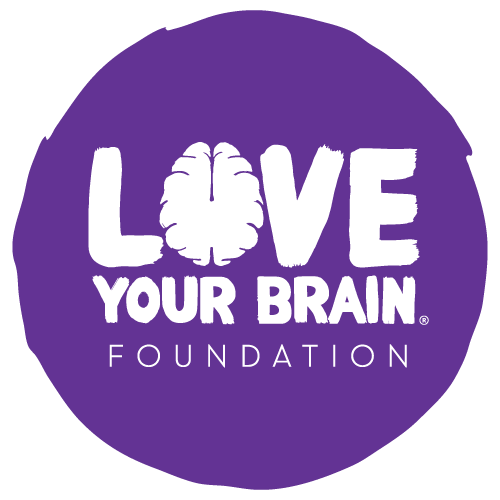What is TBI?
The CDC defines traumatic brain injury (TBI) as a bump, blow, or jolt to the head that disrupts how the brain works.
Concussion is the most common type of TBI, and while it is often described as ‘mild’ (or mTBI), the experience of a concussion can be far from mild.
